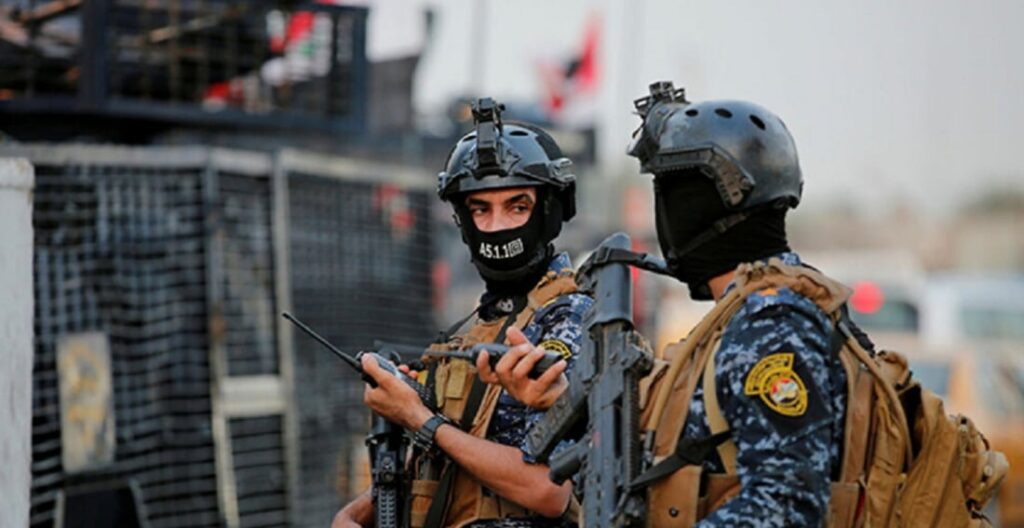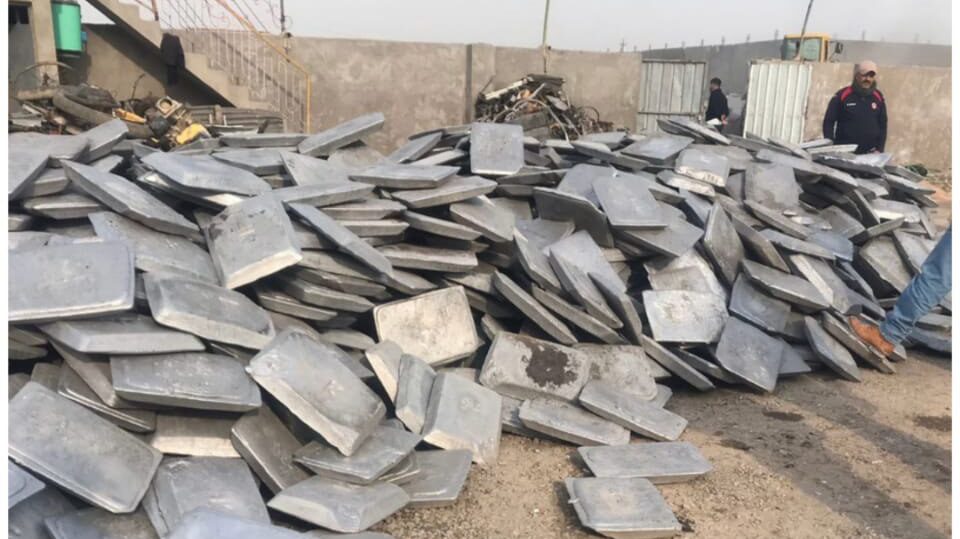Prosecutor seeks 'life in jail' for Turkey financier Kavala

ISTANBUL, Turkey — A Turkish prosecutor on Wednesday sought life in prison for 16 suspects including philanthropist and businessman Osman Kavala charged with attempting to overthrow the government, the state-run Anadolu news agency reported.
Kavala, who has been held in custody for more than a year without being formally charged, is accused of backing 2013 anti-government protests in Istanbul and the failed 2016 coup.
President Recep Tayyip Erdogan has accused Kavala of "financing the terrorists" during the anti-government protests that threw up one of the biggest challenges to his rule. Erdogan was prime minister at the time.
Kavala, a respected figure in intellectual circles in Turkey and abroad, has been kept in pre-trial custody since November 1, 2017 at the Silivri prison outside Istanbul.
The case has alarmed Turkey's Western allies and increased concern of a clampdown on freedom of expression under Erdogan's reign.
Kavala has worked closely with foreign missions on civil society projects.
Under the Turkish legal system, the prosecutors set out the charges and the sentence they want before the trial begins.
The 657-page indictment — which still needs to be approved by a court, which will also set a trial date — centres on the suspects' alleged role in the 2013 protests triggered by the redevelopment of Istanbul's Gezi park.
Two of the suspects are in detention and six remain at large, reported Anadolu.
Among those still at large are Turkish actor and government critic Mehmet Ali Alabora and dissident journalist Can Dundar, it said.
Dundar fled to Germany after being convicted in 2016 over an article published in the opposition Cumhuriyet daily alleging that Ankara had supplied weapons to Islamist groups in Syria.
Alabora is accused of having played a role in the anti-government protests through a theatre play dubbed "Mi Minor" featuring a revolt against the ruler of a fictional country. He is currently abroad.
All the suspects are facing the charge of "attempting to overthrow the government". Some are also accused of "damaging public property" and "damaging worshipping houses and cemeteries," Anadolu said.
The Gezi protests were one of the largest wave of movements in modern Turkish history and the government's sometimes heavy-handed response drew criticism from human rights advocates and Turkey's Western allies.
'Totally crazy'
Kati Piri, European Parliament's rapporteur on Turkey, took to Twitter to express her anger over the charges against Kavala.
"Shocked, outraged and sad at the same time! Osman is not only a great friend, but also a man of peace," she wrote, using his first name.
"Accusing him of 'attempting to destroy the Republic of Turkey' is totally crazy!"
Shocked, outraged and sad at the same time! Osman is not only a great friend, but also a man of peace. Accusing him of 'attempting to destroy the Republic of Turkey' is totally crazy! #EPTurkey https://t.co/DzfYNExnoz
— Kati Piri (@KatiPiri) February 20, 2019
Kavala is co-founder of the Iletisim publishing house and chairman of the Anadolu Kultur (Anatolian Culture) foundation. The foundation aims to overcome differences within Turkish society through culture and the arts and has sought to reach out to neighbouring Armenia.
Erdogan previously said Kavala was the representative in Turkey of the "famous Hungarian Jew Soros", whom he accused of trying to "divide and tear up nations", referring to US billionaire George Soros.
The pro-government media have labelled Kavala "Red Soros", characterising him as a mastermind of conspiracies.
In November last year, Soros's Open Society Foundation said it would cease activities in Turkey after Erdogan's accusations.
Turkish prosecutors are also accusing Kavala of being behind a 2013 corruption scandal in which Erdogan's inner circle was implicated — and to coup plotters which the government blames on US-based Muslim cleric Fethullah Gulen. He denies the charges.
Kavala's arrest comes after the government has launched a mass crackdown in the wake of the failed 2016 coup, with the arrest of tens of thousands of suspects.
Critics say the measures have gone well beyond the coup suspects and targeted the dissent but the government says they are needed to clean Gulen's "virus" that infiltrated into state institutions.
Reporting by Fulya Ozerkan



